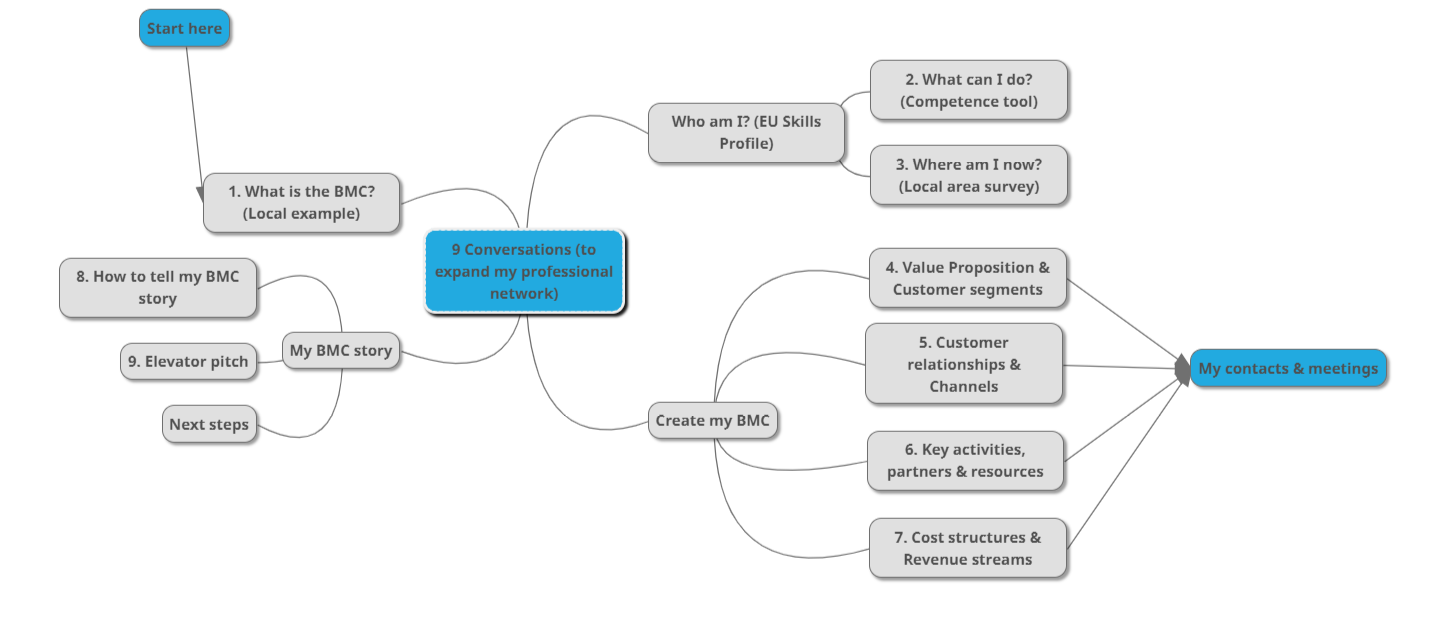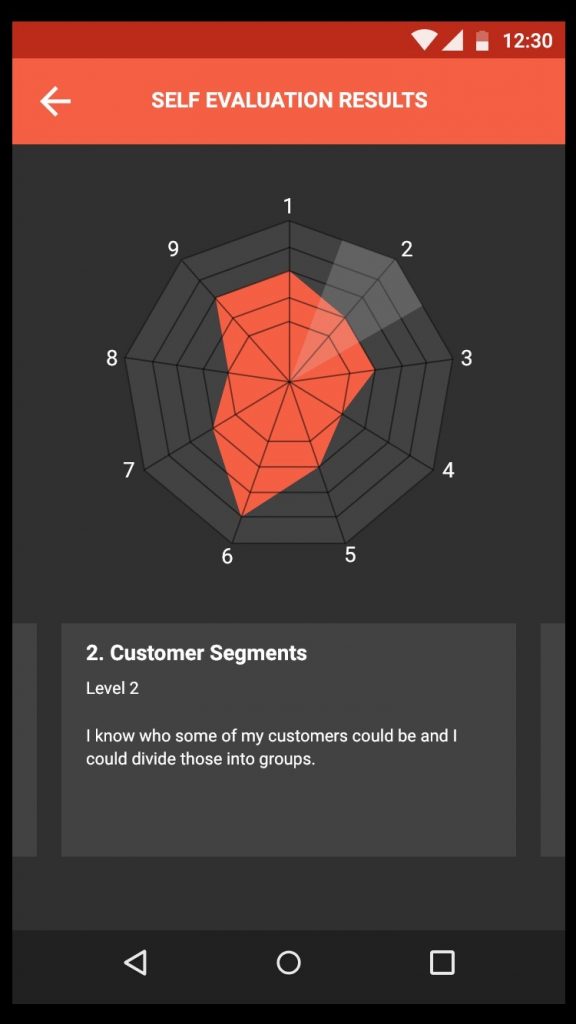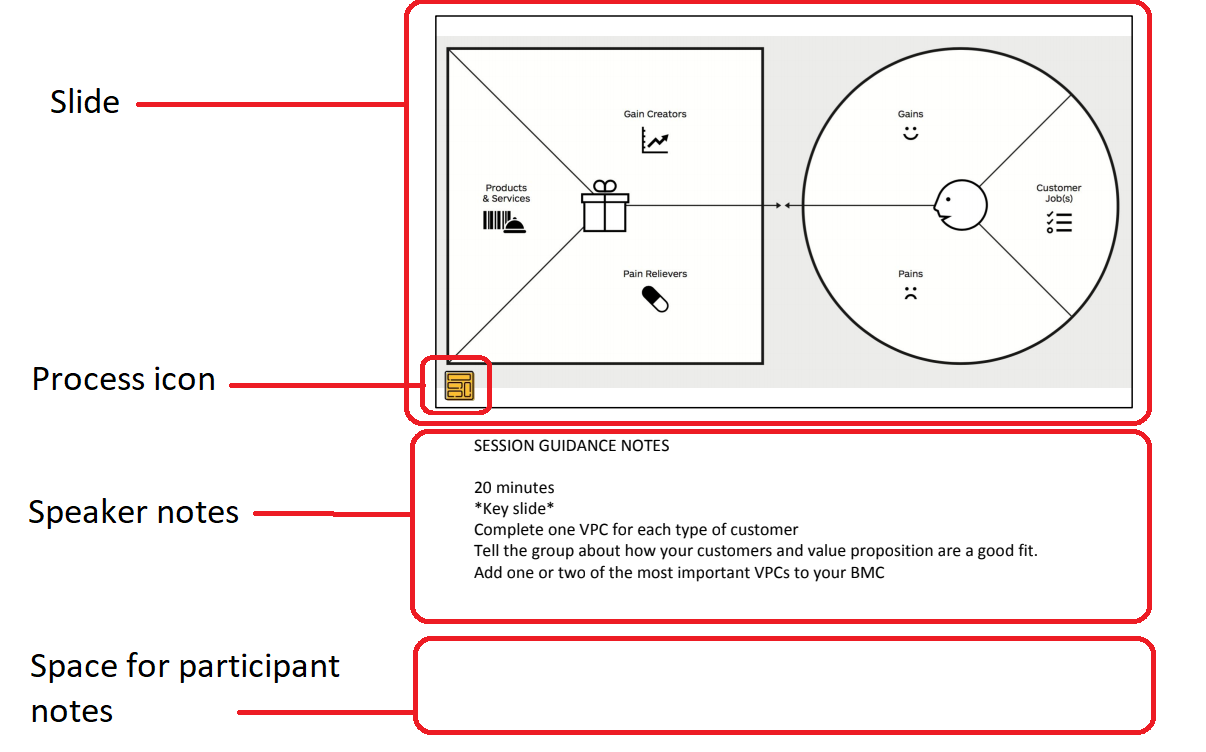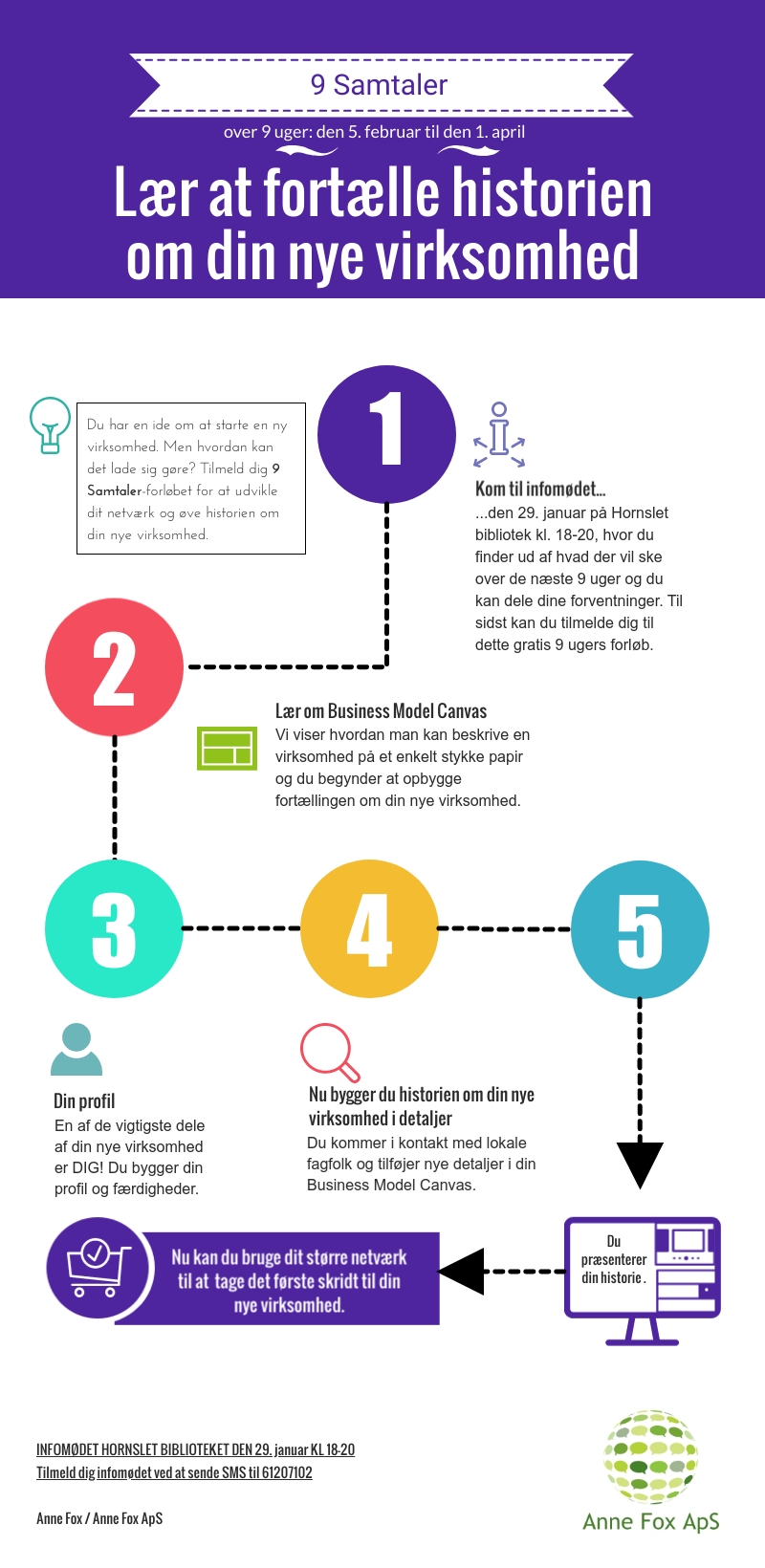The challenge: How best to help refugees who want to set up their own business?
This was the main aim of the 9 Conversations project which developed a programme that would be supported by a local facilitator and like-minded peers. The programme could also be followed individually by any refugee interested in starting a personal business.
The importance of networks
Refugees tend to have strong support groups from their fellow nationals helping each other out to navigate the difficult administrative rules they meet in their new home as well as the support that emerges in most human settings for childcare, health issues, borrowing and lending things and money. The 9 Conversations project therefore builds on this existing tendency while at the same time aiming to extend that support network into the local area into which they must ultimately be integrated. If the aim is to set up a new small business, then extending their network to include the local environment will be essential if the business is to be sustainable over the long term.
Why self-employment?
The self-employed are a small percentage of the general population but those refugees that made their own way to their new home have a higher desire to be self-employed than is generally found in the EU. The 9 Conversations project therefore addresses a small but determined target group. That determination is a strength but can also be a weakness when some refugees start businesses without regard to local rules and laws. This can even jeopardise their right to stay in their new country.
Mastermind study groups
The key feature of the 9 Conversations programme is that it should be more of a support group than a class. Participants support and help each other and act on their own initiative to cultivate new relevant contacts in their local area that will help them to create their own story of their business on a Business Model Canvas, a one-page representation of the key aspects of a business. The initial model for the programme was based on the Nordic transformative learning circles pedagogical approach which is also mirrored in many aspects in the more business-oriented Mastermind approach.
The 9 Conversations Toolkit
The 9 Conversations project has assembled and built a toolkit to support such a group over the nine weeks of the programme.
- Facilitator guide and supporting materials such as marketing poster templates.
- Mobile app to track individual learning.
- FAQ to answer basic questions about the business environment in the partner countries.
- Video life stories about current refugee businesses set up in the partner countries to act as inspiration and role models (see example below).
- Self-assessment spider’s web tool based on the lowest four EntreComp levels.
- Suite of badges to mark the completion of the nine elements of the programme.
- Adaptation of the EU Skills Profile tool for third country nationals to focus on self-employment.
- Programme materials to follow over the nine weeks based mainly on the completion of a Business Model Canvas for each participant. Available in a WordPress LMS and as a freestanding set of presentations and interactive PDF workbooks.
For those who are potential 9 Conversations facilitators but require more structured guidance the project partnership has been granted additional funding to develop facilitator training. You are welcome to follow this new work and give us feedback.
If you have any questions about the original 9 Conversations project or the follow-up Mastering 9 Conversations project then please use the contact details on the 9 Conversations website.






